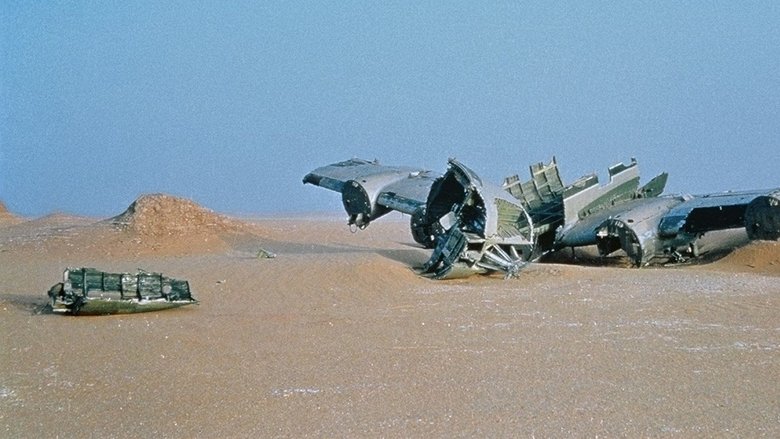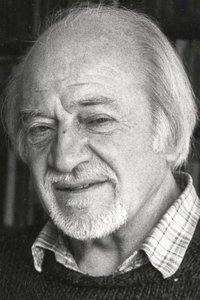Fata Morgana
Genres
Documentary
OverView
Shot under extreme conditions and inspired by Mayan creation theory, the film contemplates the illusion of reality and the possibility of capturing for the camera something which is not there. It is about the mirages of nature—and the nature of mirage.
Others
Budget
$--
Revenue
$--
Status
Released
Original Language
German
Runtime
76 mins
Rating
6.6/10
Release Date
01 February 1972
Country
Germany




